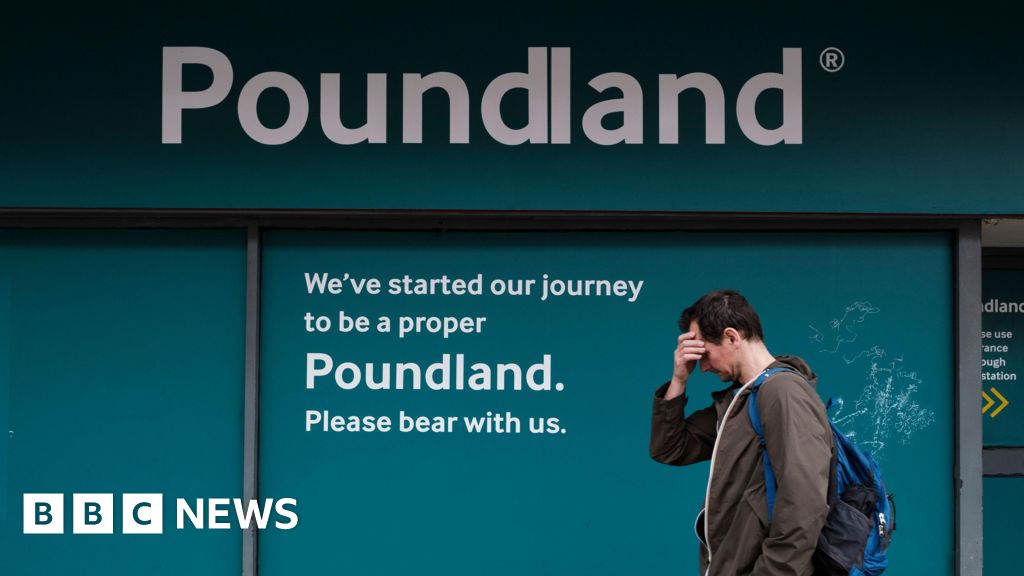Unlock the Editor’s Digest for free
Roula Khalaf, Editor of the FT, selects her favourite stories in this weekly newsletter.
The bosses of two US airlines have vented their anger at Boeing over its manufacturing problems, increasing the pressure on the plane maker’s senior leadership.
The chief executive of United Airlines warned on Tuesday that he was rethinking a multibillion-dollar order for new planes after being forced to ground 79 of its 737 Max 9 aircraft following a damaging mid-flight fuselage breach of an Alaska Airlines aircraft earlier this month.
“I am disappointed that the manufacturing challenges do keep happening at Boeing, this isn’t new,” Scott Kirby told CNBC. Boeing needed to take action to address its manufacturing problems, he added, and “it needs to be real action”.
Hours later, the chief executive of Alaska Airlines revealed that his airline had found “some loose bolts on many” Max 9s during inspections of the planes.
Ben Minicucci told NBC News he had held “very tough, candid conversations” with Boeing’s senior leadership.
“I’m angry. I’m angry. I’m more than frustrated and disappointed. I am angry,” he said.
The public comments from two large customers represent some of the most significant criticism Boeing has faced since the crisis began earlier this month.
Boeing is also facing political pressure as federal investigators continue probing the incident. Dave Calhoun, chief executive, is due to meet lawmakers on Capitol Hill on Wednesday, including Senator Mark Warner from Virginia, where the company is headquartered.
As Boeing scrambled to limit the reputational damage from the Max 9 grounding, which has come amid wider delivery delays, one of its most senior executives issued an apology.
“We have let down our airline customers and are deeply sorry for the significant disruption to them, their employees and their passengers,” Stan Deal, president and chief executive of Boeing Commercial Airplanes, said.
“We are taking action on a comprehensive plan to bring these aeroplanes safely back to service and to improve our quality and delivery performance.”
The company also announced plans for a series of “quality stand downs” at all of its commercial aeroplane factories and fabrication sites, where it will halt production while employees take part in “working sessions focused on quality”.
Kirby said the problems with the Max-9 meant United, one of Boeing’s biggest customers, was rethinking a large order for Boeing’s newer, larger Max 10 aircraft, production of which is running years behind and has yet to be certified by regulators.
“I think the Max 9 grounding is probably the straw that broke the camel’s back for us. We will at least build a plan that doesn’t have the Max 10 in it,” he said. United had agreed to buy 277 of the Max 10, with options for another 200.
Kirby’s frustration came as United said it expected to take a financial hit from the groundings in the first quarter, and that its longer-term growth plans would be hit by Boeing delivery delays.
“We are not going to grow quite as fast as we otherwise would have, because the reality is Boeing isn’t going to be able to deliver us all the aeroplanes in the [promised] timeframe,” he said.
Kirby said the order was not cancelled and would not be drawn on where else United would find planes to meet its ambitious growth plans. He did not say whether he had talked to Boeing rival Airbus over a replacement order.
United’s chief financial officer, Michael Leskinen, told analysts on its earnings call that it was “unrealistic” to expect the full complement of 31 Max 9 deliveries from Boeing this year. More broadly, he said, delays from the plane maker could be expected into 2025.
Despite the financial impact from the Boeing groundings, United’s shares rose 5.3 per cent on Tuesday after it reported fourth-quarter results that beat forecasts, highlighting its “busiest travel period in history” in late December.
Boeing’s shares closed 1.6 per cent lower and are down 16 per cent this year.
Credit: Source link











